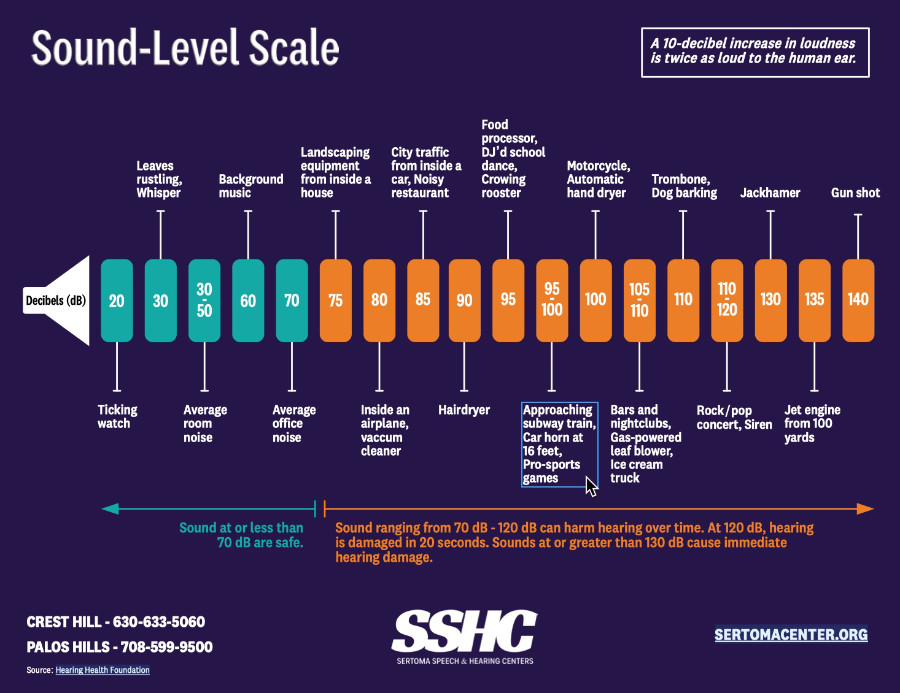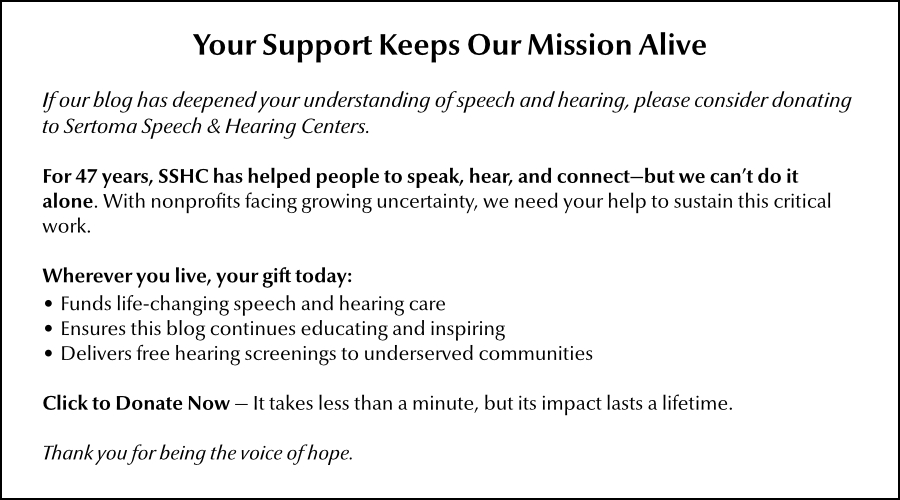Noise is more than a nuisance—it can silently damage your health. Scientific research has uncovered a critical connection between hearing loss caused by loud sounds and high blood pressure, revealing that ear damage might be a warning sign for heart health risks.
Why it matters
Over 600 million people worldwide risk permanent hearing loss from loud noises. Among those with noise-induced hearing loss, nearly two-thirds also struggle with other health conditions, with high blood pressure being the most prevalent, and a higher risk of dementia. This surprising link reveals that hearing damage isn't just about ears—it's a warning sign for broader health risks.
By the numbers
-
Exposure to sound levels exceeding 85 dB for more than 5 hours per week can cause permanent hearing damage
-
The HYENA Study found a 10 dB increase in nocturnal aircraft noise increased hypertension risk by 14%
-
More than 5% of the global population suffers from disabling hearing loss, primarily sensorineural hearing loss
 → Click to Grab your PDF of this scale
→ Click to Grab your PDF of this scale
How it works
When exposed to loud noise, your body does more than just hear sound. It launches a complex biological defense mechanism that can harm your health.
-
Loud noise generates harmful reactive oxygen species (ROS) and inflammatory responses in your inner ear, damaging delicate hair cells and disrupting the specialized blood-labyrinth barrier (BLB).
-
These mechanisms also affect your cardiovascular system, increasing blood pressure through endothelial dysfunction, sympathetic nervous system activation, and elevated stress hormone levels.
-
Note: Endothelial dysfunction is a pathological state of the endothelium (the lining of blood vessels). This condition can result in vasoconstriction, increased vascular permeability, thrombosis, and inflammation.
The challenge
Current treatments for noise-induced hearing loss typically only focus on protecting ears, overlooking how noise might impact heart health. Similarly, doctors treating high blood pressure rarely consider noise exposure as a potential cause. To truly help patients, we need integrated treatments that address both hearing and cardiovascular risks simultaneously.
The takeaway
Researchers are investigating a new, non-invasive method called transcutaneous auricular vagus nerve stimulation (taVNS). This technique shows promise in protecting hearing and potentially reducing high blood pressure by calming the body's automatic stress responses.
- Limit your noise exposure to less than 85 dB whenever possible.
- Hearing protection not only preserves your hearing but also protects your cardiovascular health.
Protect Your Hearing—and Your Heart: Schedule a Screening Today
Learn about the health of your hearing with a free 15-minute hearing screening by an audiologist.
★ Call 708-599-9500 to schedule your free screening.
★ For facts about hearing loss and hearing aid options, grab your copy of The Hearing Loss Guide.
★ Sign up for our newsletter for the latest on Hearing aids, dementia triggered by hearing loss, pediatric speech and hearing, speech-language therapies, Parkinson's Voice therapies, and occupational-hearing conservation. We publish our newsletter eight times a year.
Don't let untreated hearing loss spoil your enjoyment of life.
Crest Hill, IL - 630-633-5060 | Palos Hills, IL - 708-599-9500


